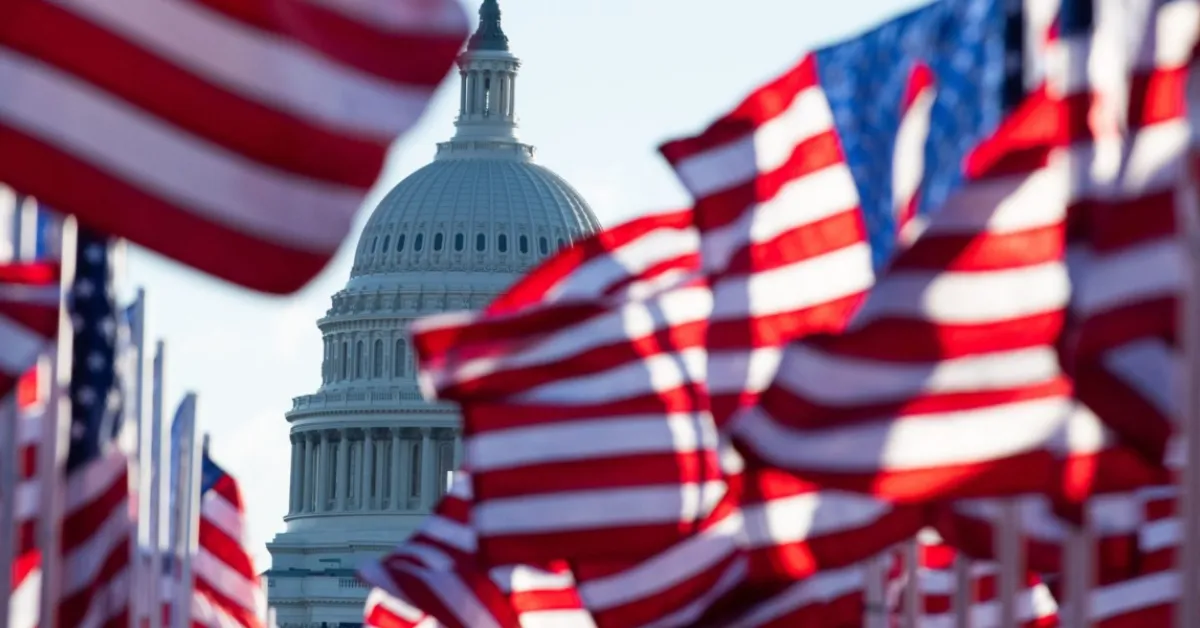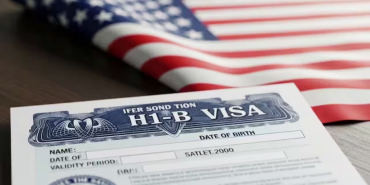Why Stealing a Soda Could Lead to Deportation Under New Bill in The US

The Laken Riley Act, a proposed piece of legislation in the United States, is sparking significant debate as it seeks to establish detention and deportation protocols for undocumented immigrants accused of non-violent crimes, including shoplifting and burglary.
Recently approved by the House of Representatives, the bill has advanced to the Senate following a vote that initiated discussions, garnering support from both Republican and some Democratic lawmakers who stress the necessity of further debate and potential amendments. Named after a nursing student who lost her life to an undocumented immigrant previously charged with shoplifting, the Laken Riley Act has rekindled a national dialogue around immigration policy and public safety.
Current laws permit the deportation of undocumented individuals after convictions for two minor offences. However, the proposed legislation introduces pivotal changes: it would allow for the detention of individuals charged with specific non-violent petty crimes before a guilt determination; additionally, state attorneys general would have the power to sue the federal government if an undocumented immigrant released from custody later commits a violent crime in their jurisdiction.
Opponents of the Laken Riley Act contend that it undermines the fundamental legal principle of "innocent until proven guilty," with experts warning that its implementation could lead to wrongful deportation of individuals merely accused of minor infractions, potentially impacting those charged with offences as trivial as shoplifting a can of soda.
The ramifications for undocumented immigrants could be severe. Legal advocates are urging undocumented immigrants to remain vigilant about their rights and to exercise caution to avoid potential legal predicaments that could lead to dire consequences. Supporters of the Laken Riley Act frame it as a continuation of a broader initiative aimed at reducing illegal immigration, echoing policies the former President Donald Trump prioritized during his administration.
Nevertheless, the legislation is anticipated to encounter backlash from several states and local authorities, particularly sanctuary cities that oppose stringent immigration measures. Critics argue that the act fosters an atmosphere of fear and anxiety among immigrant populations, irrespective of their legal status.
Meanwhile, the potential launch of the largest deportation drive in the US history, as proposed under Trump’s administration, underscores the profound stakes for undocumented immigrants who find themselves living in the shadows.














Add new comment